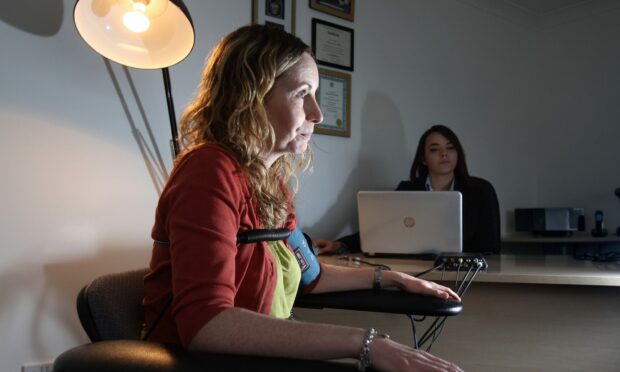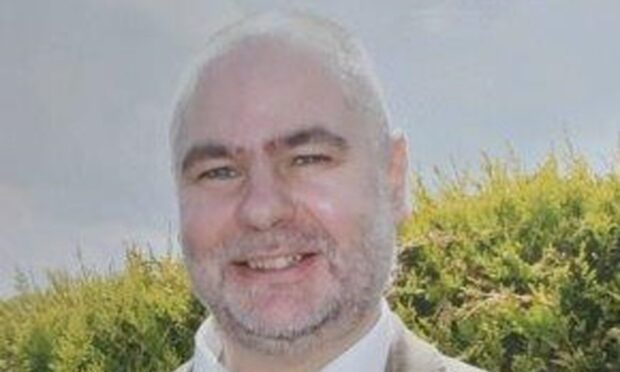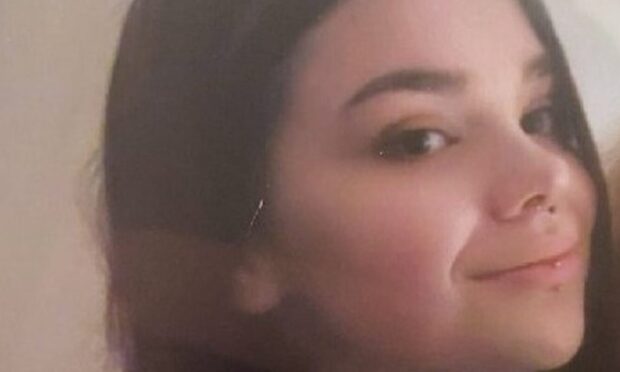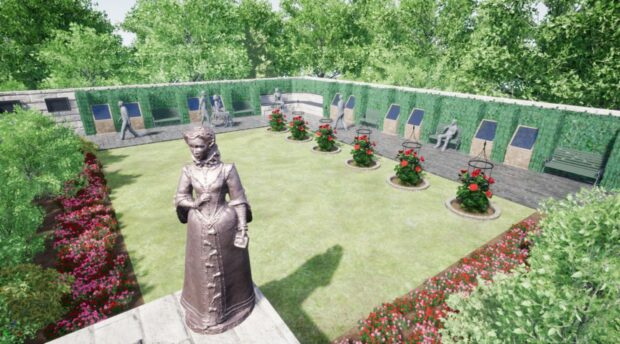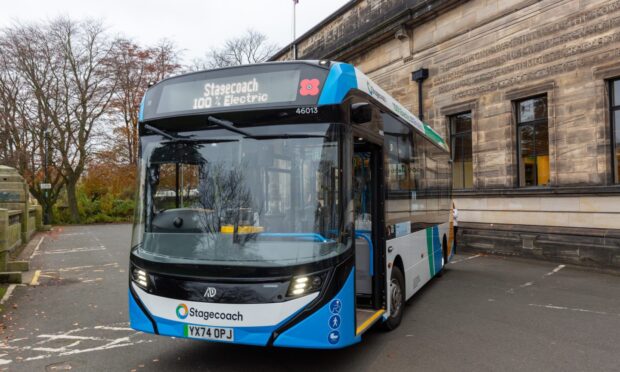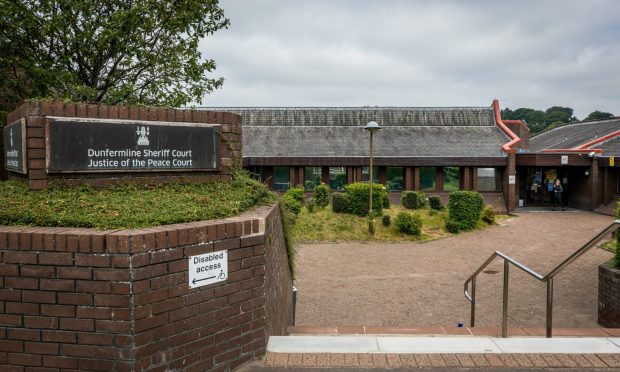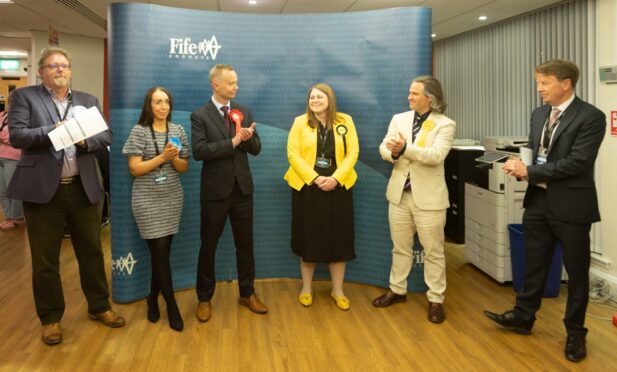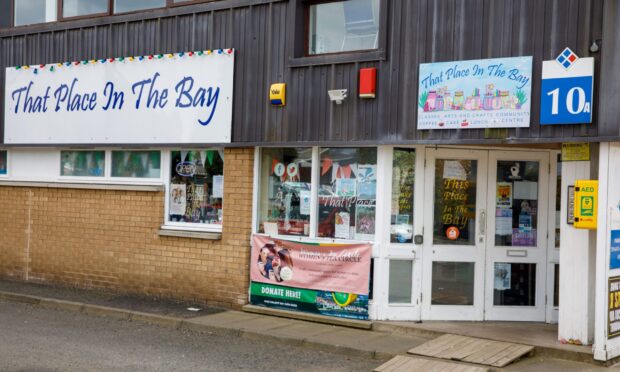The Jeremy Kyle Show is back under the microscope amid claims by Channel 4 that ITV staff duped and exploited guests.
The broadcaster said its documentary aimed “to explore the impact it had on British culture and the lives of those who appeared on it”.
The Jeremy Kyle Show was axed in 2019 when Steve Dymond took his own life just days after filming an episode in which he failed a lie detector test.
And viewers have been left horrified by some of the allegations emerging from Jeremy Kyle: Death On Daytime, which has also shone a light on Steve’s final messages and Kyle’s treatment of employees.
The presenter says he has contacted lawyers over some of the claims made in the documentary.
Seven years ago, The Courier’s Cheryl Peebles told the story of a Fife mum and daughter whose polygraph firm had worked with the daytime TV hit.
This is her February 2015 feature.
Viewers of The Jeremy Kyle Show are familiar with the tension as the presenter reveals lie detector test results for alleged cheats, thieves and abusers.
What they probably will not know is that some of those answers are gleaned by a mother-and-daughter team from Fife.
Carole and Tayler London-Williams have run Scotland Polygraph Services from their home in Ladybank since 2006.
While the bulk of their work involves extracting the truth from husbands and wives accused of cheating, the polygraph experts are also called upon to grill under-suspicion guests of the hit ITV daytime television show.
Carole, 58, has been involved in some memorable episodes, including that of a philandering taxi driver who had been taking advantage of female passengers short of their fare.
Polygraph testing exonerated him of the original charge that he had been cheating with his girlfriend’s sister but stated he had been sleeping with someone.
Failed tests and confessions
Carole, who has also worked for the Trisha show, said: “There was the usual verbal, that the test didn’t work, don’t believe it.
“Afterwards, one of the producers got a call from the girlfriend saying that back in the hotel he had confessed all.”
Fans of the programme regularly see those who fail tests insist they have told the truth.
Carole said: “People say it’s all wrong, the test didn’t work but you get the confessions afterwards only they are not willing to go back on camera.”
While there is some scepticism about the reliability of polygraph testing, the method is widely used in US criminal cases and was recently adopted for monitoring sex offenders in England and Wales.
Carole pointed to research claiming qualified polygraph examiners are up to 98% accurate.
The polygraph instruments she and Tayler use are similar to that used by the FBI and CIA and they say they are extremely difficult to beat.
However, that does not stop some trying.
Carole said: “We have had someone who bit off the end of a pen and placed the piece down a finger pad.
“I have had someone inform me they couldn’t wear the blood pressure cuff because they have a contraceptive implant.
“Another person told me he had a hole in his lung. I asked him where his oxygen tank was.”
‘There are people I have helped’
Carole, who previously worked for Boots, was inspired to enter the industry by her own divorce case and the wrongful arrest of family members on suspicion of murder.
Former Bell Baxter High School pupil Tayler joined her in the business and both hold qualifications from American Polygraph Association-approved academies.
They are involved in all sort of cases, ranging from family disputes to corporate fraud.
While many clients get answers which are hard to bear, Carole said she often helps people save relationships, allowing them to establish the truth and move on.
She said: “I have the tool for truth, they now have the tool to pull themselves together and decide where to go from here.
“There are people I have helped and I get satisfaction from that.
“Of course, there are others who would like to kick me from here to kingdom come.”
Cheryl’s verdict
My honesty was not called into question when I visited Carole and Tayler London-Williams.
However, just sitting in the hot seat where so many have been unmasked as liars, I felt the pressure.
On the seat is a pad which senses body movement, so any uncomfortable shifting and you’re caught out.
Pneumograph tubes are placed around the upper and lower body which do the same job and track your breathing rate.
Finger sensors pick up your sweat levels and a blood pressure cuff does what it says on the tin.
Acquaintance questions are asked first to check equipment is functioning properly, set base readings and help the subject feel at ease.
The test is broken down into three specific questions and the tester records any physiological changes which may suggest answers are less than truthful.
The whole process can take up to three hours, with the test repeated three times to verify the result.
